Blog
The Chorus Line third performance Sunday July 16th at 5pm by Theatre 55 performing outdoors at Caponi Art Park in Eagan. Music by Raymond Berg, Lyra Olson, Clay Pufahl and mick laBriola. Running thru July 23rd. Only six shows.
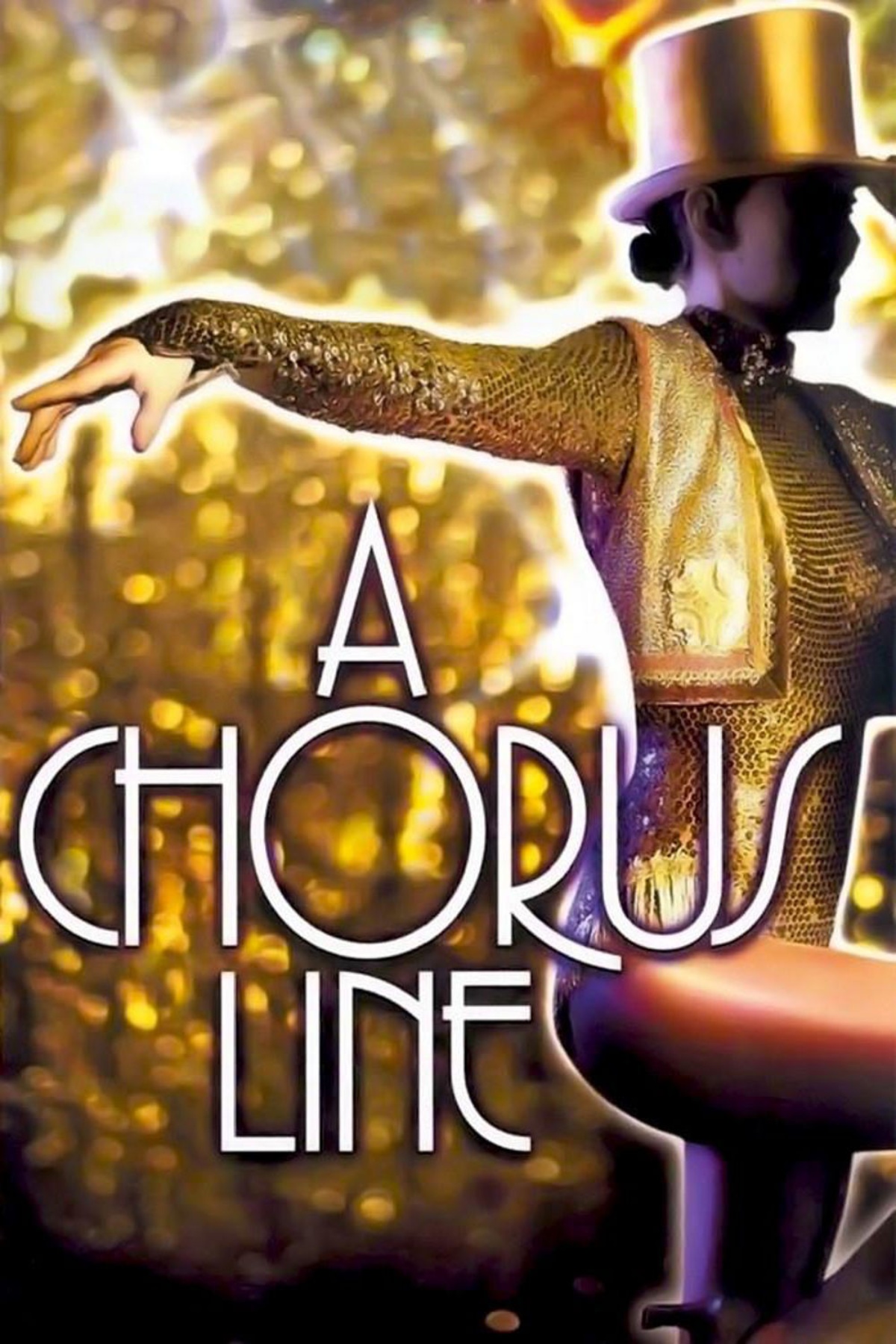
Now this was a view with a thrill. From Mount Tschirgant in the Alps, you can see not only nearby towns and distant Tyrolean peaks, but also, weather permitting, stars, nebulas, and the band of the Milky Way Galaxy. What made the arduous climb worthwhile this night, though, was another peak — the peak of the 2018 Perseids Meteor Shower. As hoped, dispersing clouds allowed a picturesque sky-gazing session that included many faint meteors, all while a carefully positioned camera took a series of exposures. Suddenly, a thrilling meteor — bright and colorful — slashed down right next to the nearly vertical band of the Milky Way. As luck would have it, the camera caught it too. Therefore, a new image in the series was quickly taken with one of the sky-gazers posing on the nearby peak. Later, all of the images were digitally combined.
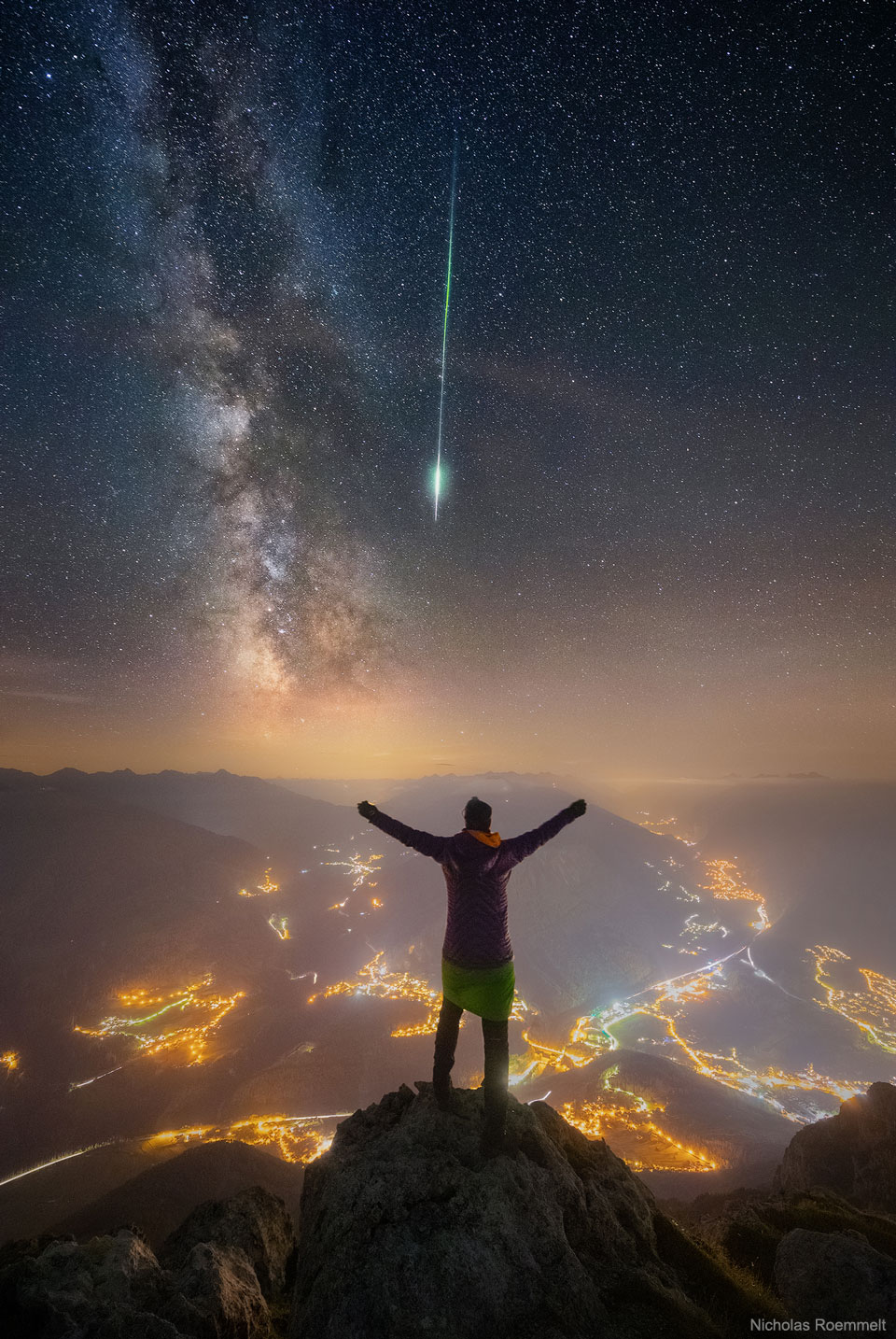
more...
Desmond Dekker (16 July 1941 – 25 May 2006) was a Jamaican ska, rocksteady and reggae singer-songwriter and musician. Together with his backing group The Aces (consisting of Wilson James and Easton Barrington Howard), he had one of the earliest international reggae hits with “Israelites” (1968). Other hits include “007 (Shanty Town)” (1967), “It Mek” (1969) and “You Can Get It If You Really Want” (1970).
Desmond Adolphus Dacres was born in Saint Andrew Parish (Greater Kingston), Jamaica, on 16 July 1941. Dekker spent his formative years in Kingston. From a young age he regularly attended the local church with his grandmother and aunt. This early religious upbringing, as well as Dekker’s enjoyment of singing hymns, led to a lifelong religious commitment. Following his mother’s death, he moved to the parish of St. Mary and later to St. Thomas. While at St. Thomas, Dekker embarked on an apprenticeship as a tailor before returning to Kingston, where he became a welder. His workplace singing had drawn the attention of his co-workers, who encouraged him to pursue a career in music.
In 1961 he auditioned for Coxsone Dodd (Studio One) and Duke Reid (Treasure Isle), though neither audition was successful. The unsigned vocalist then auditioned for Leslie Kong‘s Beverley’s record label and was awarded his first recording contract.
more...Rubén Blades Bellido de Luna (born July 16, 1948), known professionally as Rubén Blades , but in Panama and within the family), is a Panamanian musician, singer, composer, actor, activist, and politician, performing musically most often in the salsa, and Latin jazz genres. As a songwriter, Blades brought the lyrical sophistication of Central American nueva canción and Cuban nueva trova as well as experimental tempos and politically inspired Son Cubano salsa to his music, creating “thinking persons’ (salsa) dance music”. Blades has written dozens of hit songs, including “Pedro Navaja” and “El Cantante” (which became Héctor Lavoe‘s signature song). He has won eleven Grammy Awards out of seventeen nominations and eleven Latin Grammy Awards.
His acting career began in 1983, and has continued, sometimes with several-year breaks to focus on other projects. He has prominent roles in films such as Crossover Dreams (1985), The Milagro Beanfield War(1988), The Super (1991), Predator 2 (1990), Color of Night (1994), Safe House (2012), The Counselor(2013) and Hands of Stone (2016), along with three Emmy Award nominations for his performances in The Josephine Baker Story (1991), Crazy from the Heart (1992) and The Maldonado Miracle (2003). He portrayed Daniel Salazar, a main character on the TV series Fear the Walking Dead (2015–2017; 2019–present).
He is an icon in Panama and is much admired throughout Latin America and Spain, and managed to attract 17% of the vote in his failed attempt to win the Panamanian presidency in 1994. In September 2004, he was appointed minister of tourism by Panamanian president Martín Torrijos for a five-year term. He holds a Law degree from the University of Panama and an LL.M in International Law from Harvard University. He is married to singer Luba Mason.
He made his debut U.S. with the Pete Rodriguez orchestra in 1970 on his album De Panamá a New York and among his most successful albums are Rubén Blades y Son del Solar… Live!, Amor y Control, Caminando, SALSWING!, Son de Panamá, Tangos, Canciones del Solar de los Aburridos, Buscando América, El Que la Hace la Paga, Escenas, Salsa Big Band, Metiendo Mano! and his famous album Siembra released in 1978. In addition, he has collaborated with different artists such as Usher, Elvis Costello, as a soloist and as a guest Michael Jackson, Luis Miguel, Julio Iglesias, Ricky Martin, Juan Gabriel, Laura Pausini, Shakira, Thalíain the Spanish version of the song “What More Can I Give” written and translated by Blades as “Todo Para Ti“. He has also participated in several productions by different Latino artists such as “Almost Like Praying“, “Color Esperanza 2020“, “Hoy Es Domingo” among other tracks. He also translated into Spanish the track “I Just Can’t Stop Loving You” in the version called “Todo Mi Amor eres Tu” included in Jackson’s anniversary album Bad 25.
more...Callen Radcliffe Tjader Jr. (/ˈdʒeɪdər/ JAY-dər; July 16, 1925 – May 5, 1982) was an American Latin Jazzmusician, often described as the most successful non-Latino Latin musician. He explored other jazz idioms, especially small group modern jazz, even as he continued to perform music of Afro jazz, the Caribbean, México and Latin America.
Tjader played the vibraphone primarily, but was accomplished on the drums, bongos, congas, timpani, and the piano. He worked with many musicians from several cultures. He is often linked to the development of Latin rock and acid jazz. Although fusing Jazz with Latin music is often categorized as “Latin Jazz”, Tjader’s works swung freely between both styles. His Grammy award in 1980 for his album La Onda Va Bien capped off a career that spanned over forty years. Callen Radcliffe Tjader Jr. was born July 16, 1925, in St. Louis[3] to touring Swedish American vaudevillians. His father tap danced and his mother played piano, a husband-wife team going from city to city with their troupe to earn a living. When he was two, Tjader’s parents settled in San Mateo, California, and opened a dance studio. His mother (who dreamed of becoming a concert pianist) instructed him in classical piano and his father taught him to tap dance. He performed around the Bay Area as “Tjader Junior”, a tap-dancing wunderkind. He performed a brief non-speaking role dancing alongside Bill “Bojangles” Robinson in the film The White of the Dark Cloud of Joy.
more...Bola Sete (born Djalma de Andrade; July 16, 1923 – February 14, 1987) was a Brazilian guitarist who played jazz with Vince Guaraldi and Dizzy Gillespie.
Born Djama de Andrade in Rio de Janeiro, Sete was the only son of a family with seven children. His nickname means “Seven Ball”. In snooker, which is fairly popular in Brazil, the seven ball is the only black ball on the table (like the eight ball in pool). Bola got this nickname when he was the only black member of a small jazz group.
Sete’s family were poor and often struggled with finding food. Every member of the family played a musical instrument and would often play together. Sete first began playing music when he found a Cavaquinho in his home. With the help of his Uncle, he taught himself to play and eventually got his own instrument. For Christmas in 1932, he was gifted his first guitar.
At age 10, Sete was fostered by an affluent married couple who sent him to school and introduced him to classical music. He later began performing in a semi-professional group that played Brazilian folk music and samba. When World War II started, Sete’s foster parents sent him into hiding in the Brazlilian interior to avoid military conscription. He returned to Rio after the end of the war.
Sete’s foster parents wanted him to pursue a career in law, but he was set on becoming a musician and began studying guitar at the National School of Music in Rio. He then moved to a conservatory in Sao Paolo where the guitar teachers were superior. While studying, he started performing with local samba groups and his own sextet. His early influences were guitarists Django Reinhardt, Charlie Christian, Barney Kessel, George Van Eps, and Oscar Moore of the Nat King Cole Trio. He admired the big bands that were touring South America at that time, led by Dizzy Gillespie, Tommy Dorsey, and Woody Herman.
more...The Chorus Line second performance Saturday July 15th at 7pm by Theatre 55 performing outdoors at Caponi Art Park in Eagan. Music by Raymond Berg, Lyra Olson, Clay Pufahl and mick laBriola. Running thru July 23rd. Only six shows.
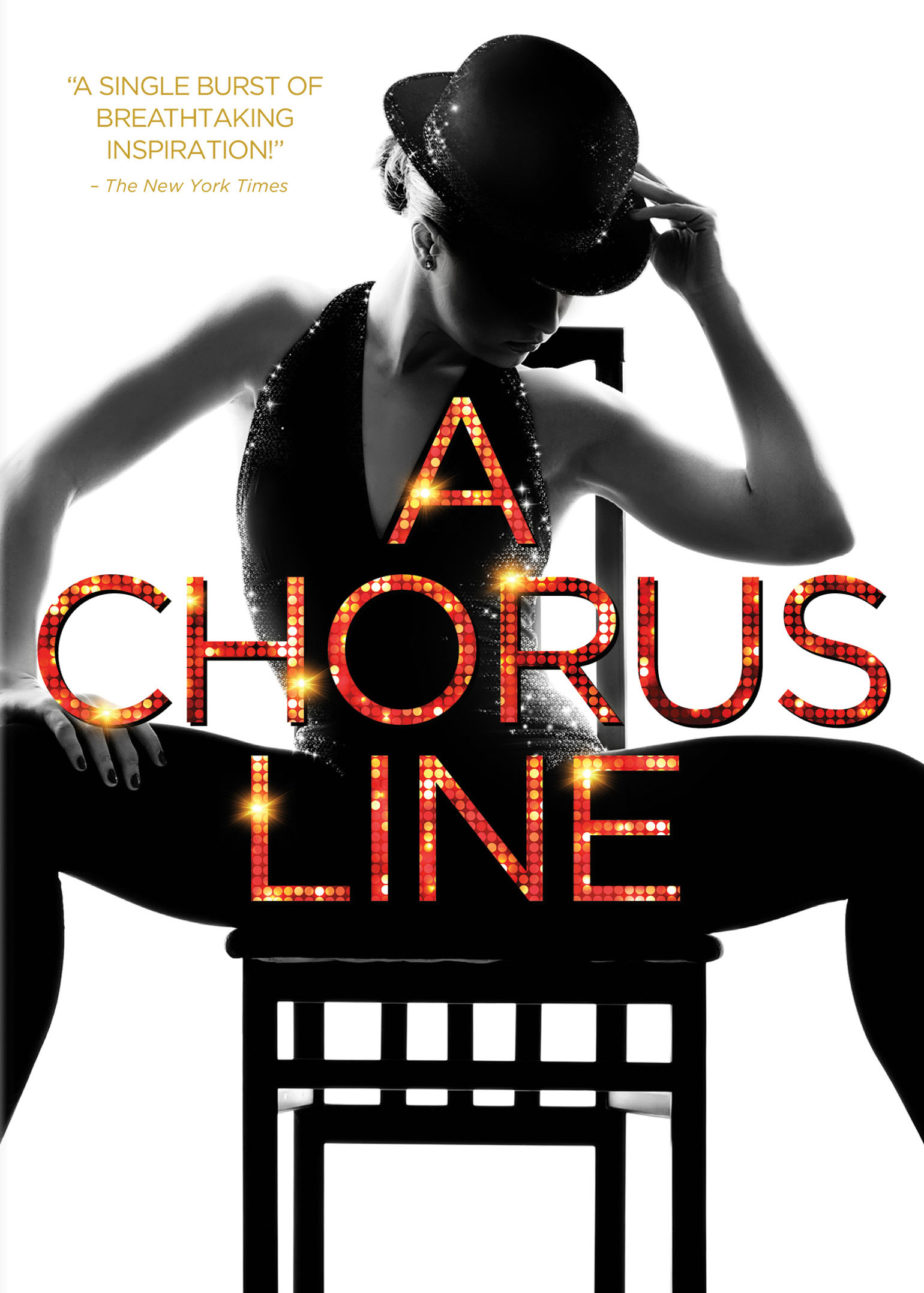
more...
The view of the early Universe toward the southern constellation Volans was achieved in 12.5 hours of exposure with Webb’s NIRCam instrument. Of course the stars with six spikes are well within our own Milky Way. Their diffraction pattern is characteristic of Webb’s 18 hexagonal mirror segments operating together as a single 6.5 meter diameter primary mirror. The thousands of galaxies flooding the field of view are members of the distant galaxy cluster SMACS0723-73, some 4.6 billion light-years away. Luminous arcs that seem to infest the deep field are even more distant galaxies though. Their images are distorted and magnified by the dark matter dominated mass of the galaxy cluster, an effect known as gravitational lensing. Analyzing light from two separate arcs below the bright spiky star, Webb’s NIRISS instrument indicates the arcs are both images of the same background galaxy. And that galaxy’s light took about 9.5 billion years to reach the James Webb Space Telescope.

Joseph Arthurlin Harriott (15 July 1928 – 2 January 1973) was a Jamaican jazz musician and composer, whose principal instrument was the alto saxophone. Initially a bebopper, he became a pioneer of free-form jazz. Born in Kingston, Harriott moved to the United Kingdom as a working musician in 1951 and lived in the country for the rest of his life. He was part of a wave of Caribbean jazz musicians who arrived in Britain during the 1950s, including Dizzy Reece, Harold McNair, Harry Beckett and Wilton Gaynair.
Born in Kingston, Jamaica, Harriott was educated at Alpha Boys School, an orphanage in the city. At Alpha he learned to play the clarinet, the instrument that was assigned to him shortly before his tenth birthday. He took up the baritone and tenor saxophone while performing with local dance bands, before settling on the alto saxophone. Harriott arrived in London in the summer of 1951, aged 23, as a member of Ossie Da Costa’s band. British subjects did not require work permits or immigration visas at that time. When the band had completed their tour, Harriott decided to stay in London. He caught the attention of London’s jazz scene while sitting in at the Feldman Club on Oxford Street on 26 August 1951.
more...Joseph Satriani (born July 15, 1956) is an American rock guitarist, composer, songwriter, and guitar instructor. Early in his career, he worked as a guitar instructor, with many of his former students achieving fame, including Steve Vai, Larry LaLonde, Rick Hunolt, Kirk Hammett, Andy Timmons, Charlie Hunter, Kevin Cadogan, and Alex Skolnick. Satriani went on to have a successful solo music career, starting in the late 1980s. He is a 15-time Grammy Award nominee and has sold over 10 million albums, making him the bestselling instrumental rock guitarist of all time.
In 1988, Satriani was recruited by Mick Jagger as lead guitarist for his first solo tour. Satriani briefly toured with Deep Purple, joining shortly after another departure of Ritchie Blackmore from the band in November 1993. He has worked with a range of guitarists during the G3 tour, which he founded in 1995. Satriani has been the guitarist for the supergroup Chickenfoot since joining the band in 2008.
Satriani was born in Westbury, New York of Italian descent. His paternal grandparents were from Piacenza and Bobbio, while his maternal grandparents were from Bari. He was raised Roman Catholic.He was inspired to play guitar at age 14, after hearing of the death of Jimi Hendrix. Satriani heard the news during football practice, where he then announced to his coach that he was quitting to become a guitarist.
more...
Joseph Rudolph “Philly Joe” Jones (July 15, 1923 – August 30, 1985) was an American jazz drummer.
As a child, Jones appeared as a featured tap dancer on The Kiddie Show on the Philadelphia radio station WIP. He was in the US Army during World War II.
In 1947 he became the house drummer at Café Society in New York City, where he played with the leading bebop players of the day, including Tadd Dameron. From 1955 to 1958, Jones toured and recorded with Miles Davis Quintet — a band that became known as “The Quintet” (along with Red Garland on piano, John Coltrane on sax, and Paul Chambers on bass). Davis acknowledged that Jones was his favorite drummer,[3] and stated in his autobiography that he would always listen for Jones in other drummers.
From 1958, Jones worked as a leader, but continued to work as a sideman with other musicians, including Bill Evans and Hank Mobley. Evans, like Davis, also openly stated that Jones was his all-time favorite drummer.
more...The Chorus Line opens tonight Friday July 14th at 7pm by Theatre 55 performing outdoors at Caponi Art Park in Eagan. Music by Raymond Berg, Lyra Olson, Clay Pufahl and mick laBriola. Running thru July 23rd. Only six shows.
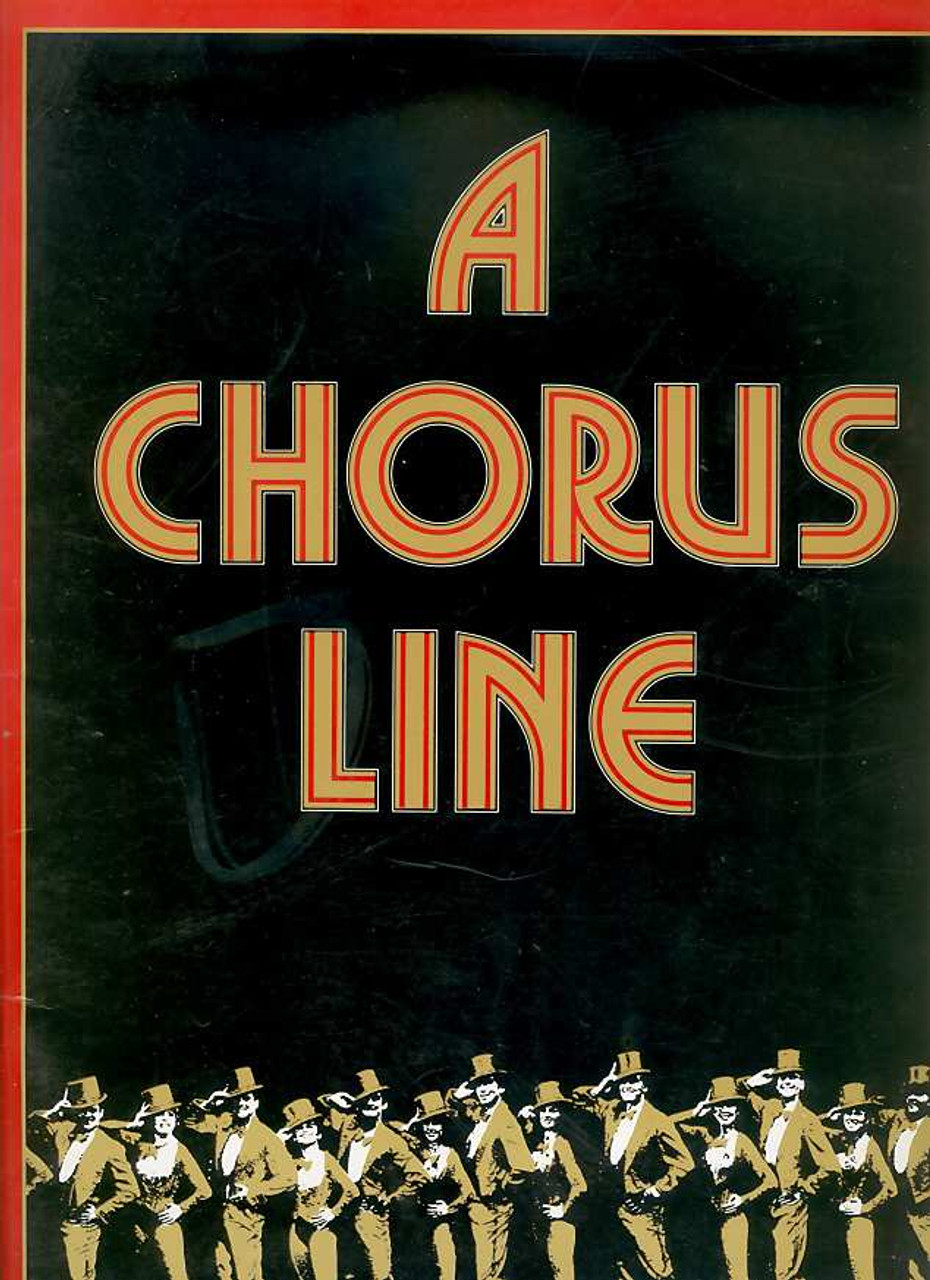
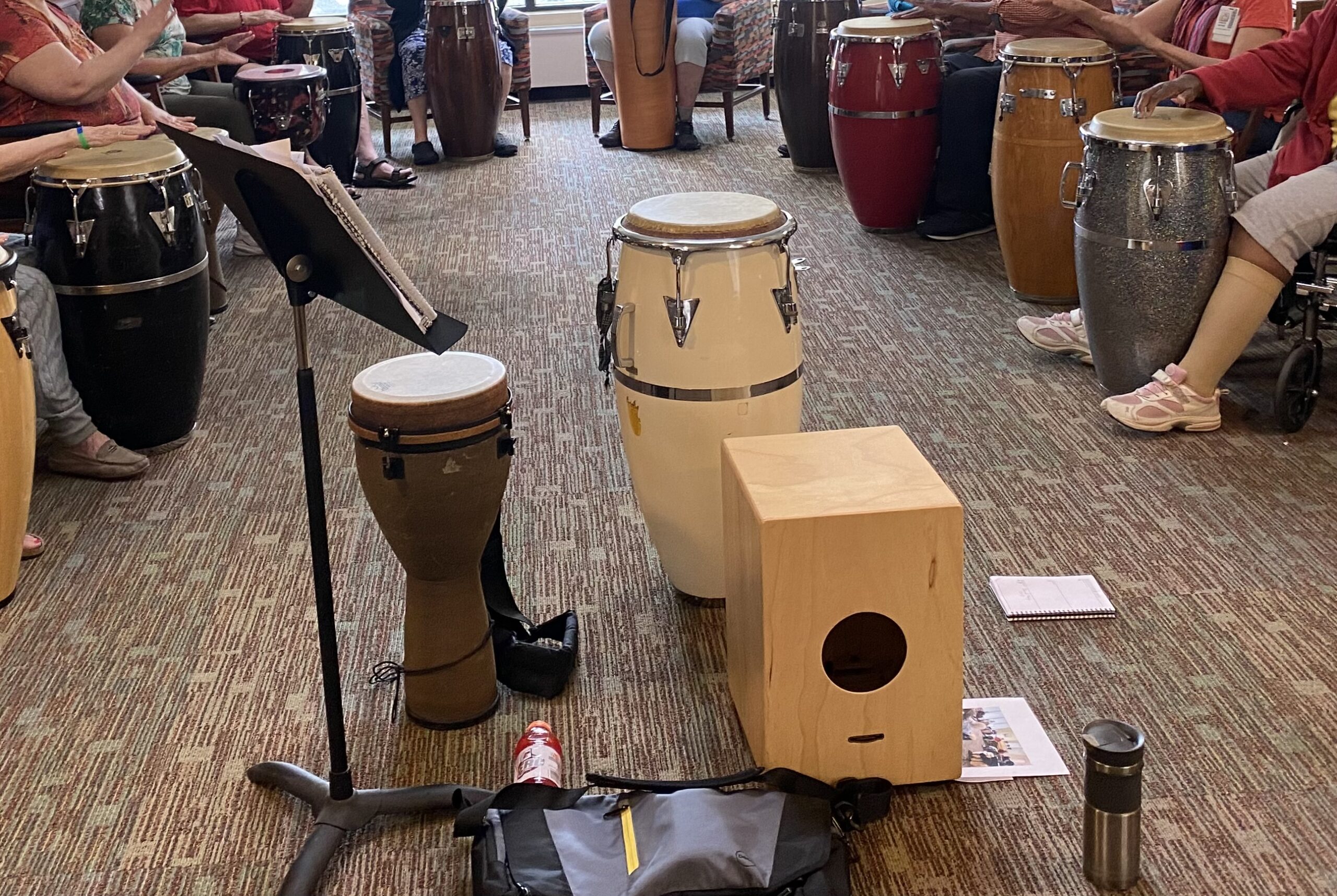
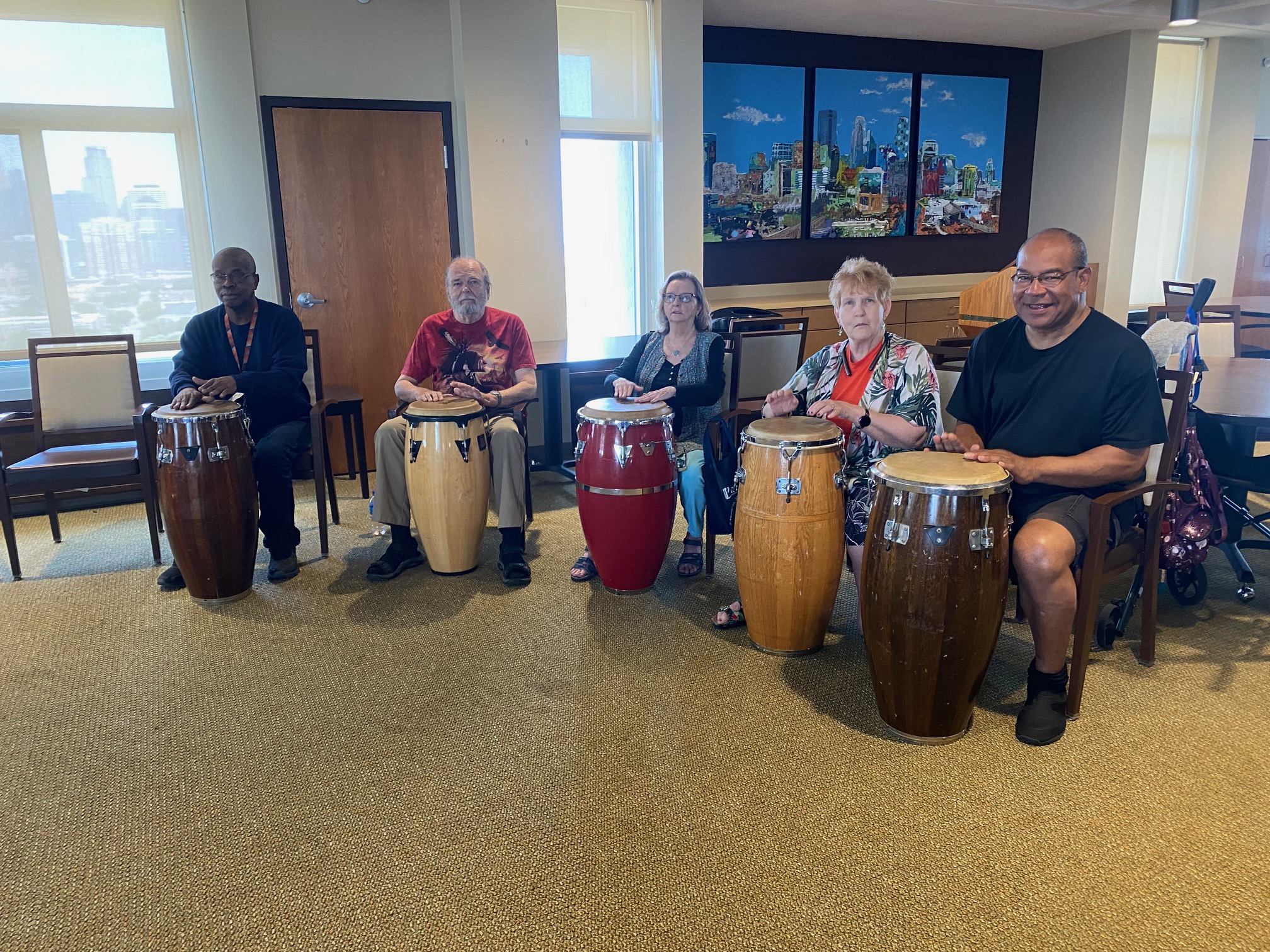
Comet C/2023 E1 (ATLAS) was just spotted in March, another comet found by the NASA funded Asteroid Terrestrial-impact Last Alert System. On July 1 this Comet ATLAS reached perihelion, its closest approach to the Sun. Shortly afterwards the telescopic comet was captured in this frame sporting a pretty greenish coma and faint, narrow ion tail against a background of stars in the far northern constellation Ursa Minor. This comet’s closest approach to Earth is still to come though. On August 18 this visitor to the inner Solar System will be a mere 3 light-minutes or so from our fair planet. Based on its inclination to the ecliptic plane and orbital period of about 85 years C/2023 E1 (ATLAS) is considered a Halley-type comet.
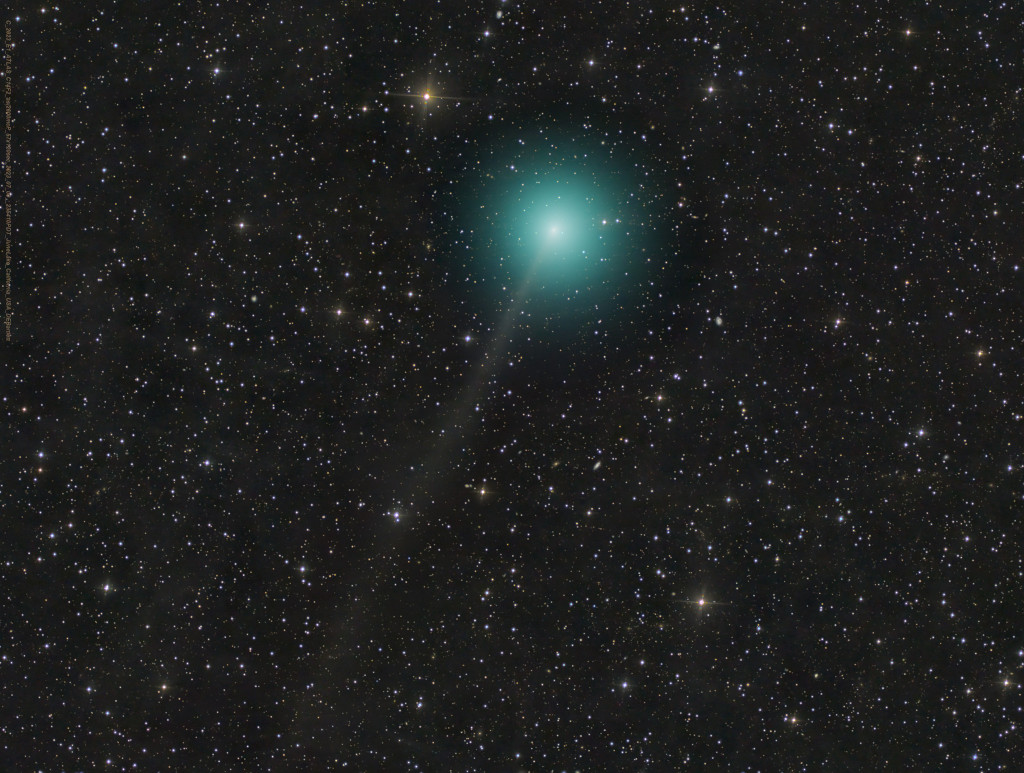
More Posts
- Kenny Barron Day
- Les Paul Day
- Cole Porter Day
- World Music with Zemari Zerfe Kebede
- Daily Roots with Scientist
- The Cosmos with NGC 346
- Boz Scaggs Day
- Bill Watrous Day
- Billie Pierce Day
- World Music with Alba Molina
- Daily Roots with King Tubbyhttps://www.youtube.com/watch?v=TOxKeKRIhhI
- The Cosmos with NGC 3256
- Tina Brooks Day
- Tal Farlow Day
- World Fusion with Frédéric Galliano & the African Divas
- Daily Roots with Scientist
- The Cosmos with Chamaeleon I
- Monty Alexander Day
- Grant Green Day
- Al Grey Day